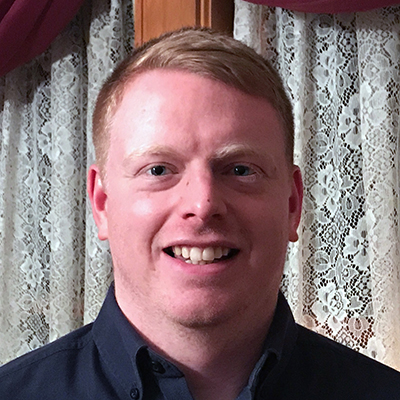
Aaron Colonnese
Former Content Creator, Editorial & Creative Team, The Public Interest Network
Thanks in large part to CoPIRG’s advocacy, Colorado has become a national leader on reducing the plastic waste piling up in our landfills and polluting our communities. It’s a major step toward moving beyond plastic, and one that contains several useful lessons for other states looking to tackle our plastic pollution crisis.
Former Content Creator, Editorial & Creative Team, The Public Interest Network

On July 6, Colorado Gov. Jared Polis signed one of the strongest single-use plastic bans in the country into law. It will phase out single-use plastic bags and polystyrene foam cups and containers statewide, and it will also reverse “preemption” laws, which prohibited some municipalities from passing their own plastic bans. Colorado is the 10th state to ban single-use plastic shopping bags, the eighth to ban polystyrene foam food containers, and the first to reverse municipal preemption.
CoPIRG and Environment Colorado were architects of this bill, called the Plastic Pollution Reduction Act — but building the bill alone did not make it law. The process of advocacy, education and activism that CoPIRG and our partners undertook can provide a blueprint for other states to follow in their own plastic reduction journeys.

Connecting decision-makers with the ones their decisions affect
Students from across the state logged on to our Plastic Pollution Youth Lobby Day to speak with their representatives about the importance of zeroing out plastic waste. Credit: Staff
Essential to CoPIRG’s advocacy were two youth lobby days approximately a year apart. The first annual Plastic Pollution Youth Lobby Day occurred in early 2020. More than 200 students came to the state Capitol to demonstrate their determination to end plastic pollution and show the urgency with which the issue affects young people. The students brought letters, pictures and a variety of projects to urge legislators to support bills that would reduce plastic pollution, including one to restrict the use of polystyrene foam.
Polystyrene foam is virtually unrecyclable, and the fact that it’s so lightweight means that it’s easily picked up from a garbage can or landfill by the wind and tossed into the environment, where it never fully degrades. Every piece of polystyrene foam ever made is still out there — breaking into smaller and smaller pieces and polluting our air, water and open spaces in the process.
Polystyrene also makes up almost 30 percent of all landfill contents. It will continue to build up on land and in the ocean unless we act now to ban it.
One student, 7th grader Zach Ruppel, made the point quite clear. “They [the adults] have left us a burden, a burden that is now our responsibility to fix. Now is the time to fight.”
A year later, on March 10, 2021, youth gathered once again to fight plastic waste, this time on Zoom. Over 400 students showed up virtually to lobby their representatives to support the Plastic Pollution Reduction Act. Their determination held strong: “Plastic pollution is the most extant danger facing not only humans, but also the entire Earth — polluting our air, water, food and soil,” said student Madhvi Chittoor, age 9. “This bill shows our elected officials’ capability and will for bold action to do the right thing and move beyond plastic.”

The next step: Grow and show your support
CoPIRG collected signatures from individuals and businesses in support of the Plastic Pollution Reduction Act. At the end of the campaign, our coalition had garnered more than 21,000 individual signatures, and over 200 small businesses had signed on as well.
In Colorado people go through 4.6 million single-use plastic bags a day and 1.2 million single-use polystyrene cups. CoPIRG Executive Director Danny Katz emphasized the point: “These plastics pollute our waterways and parks, harm our health and wildlife, and take centuries to break down. Nothing we use once to carry food or a beverage for a few minutes should pollute our state for hundreds of years.”
Coloradans of all ages agree: There is too much plastic waste in our state and future generations shouldn’t have to pay the price. It’s time to take action to achieve a zero-waste future — and this year, our elected officials stepped up to help make that future a reality.

The result: A path to success that others can follow
Flashback — Danny Katz leads a rally in front of the state capitol, where everyday Coloradans showed up to move our state beyond plastic. Credit: Staff
Soon, other states will hear the call and follow in Colorado’s footsteps. Pennsylvania has already become the second state to reverse a preemption on plastic waste bans, and Maine and Oregon recently passed first-in-the-nation bills to make single-use plastics producers financially responsible for the waste their products become. It seems the youth have the right idea: With enough information, lobbying and advocacy, ultimately we can get all 50 states to move toward a zero-waste future.
Former Content Creator, Editorial & Creative Team, The Public Interest Network